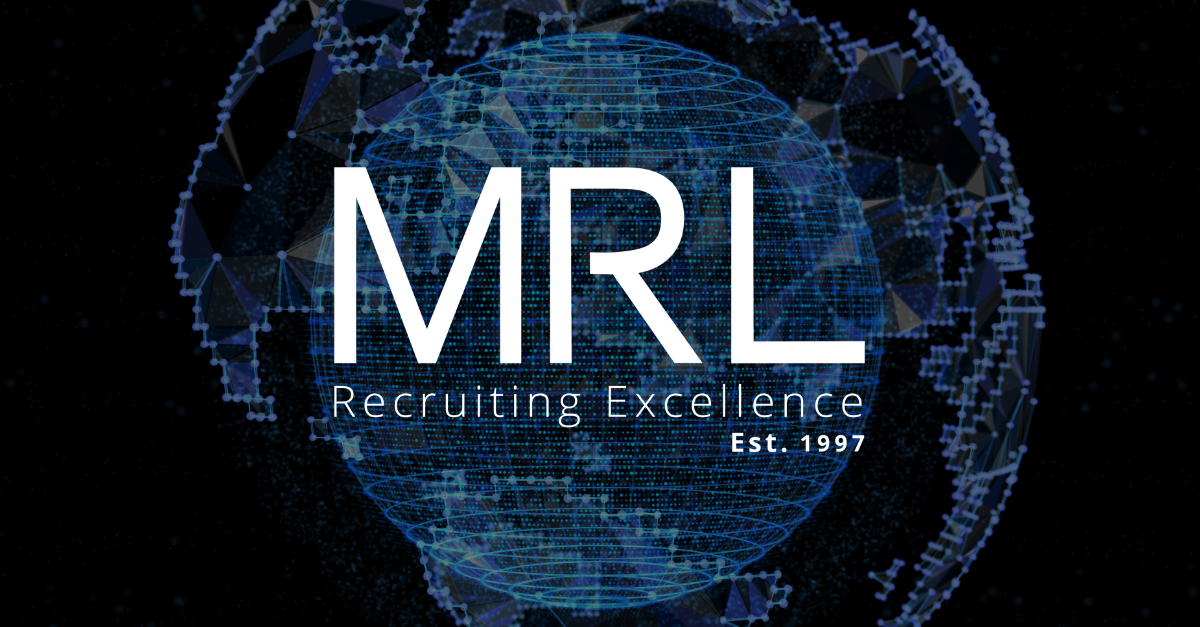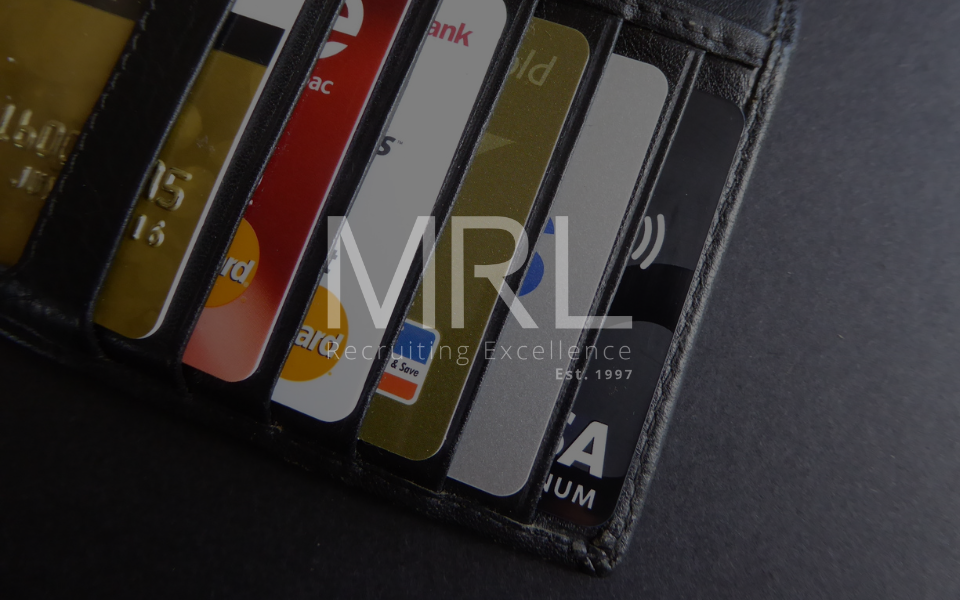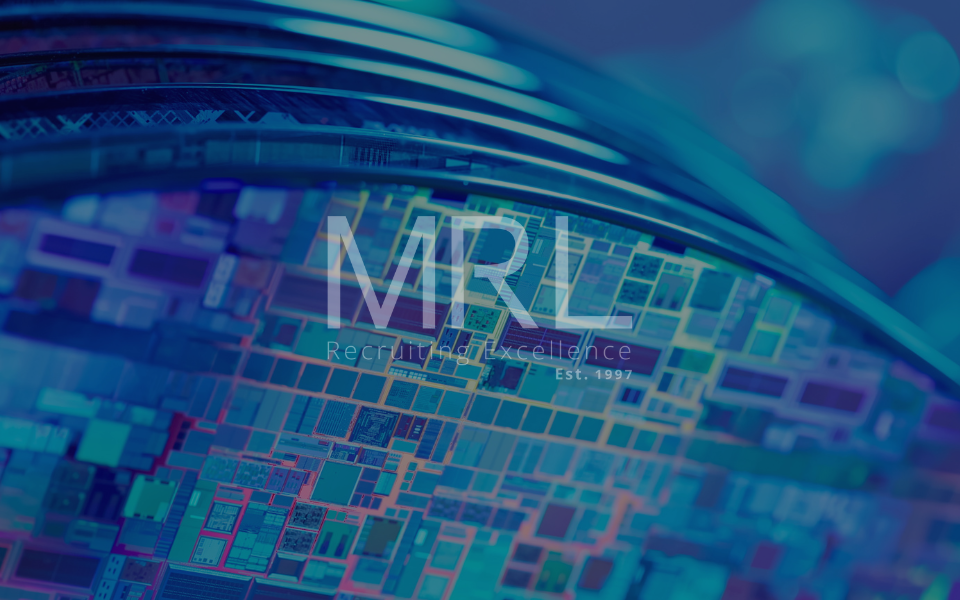5G Security Concerns & Privacy Risks
31 Jul, 20235 minutesThe introduction of the 5G network has opened up a new world of possibilities for improved u...

The introduction of the 5G network has opened up a new world of possibilities for improved user experiences, connected environments, and innovation. However, with these advancements come concerns about the security and privacy of the 5G network.
In this article, we will explore the security concerns associated with 5G as well as best practices and solutions for addressing these security concerns. By gaining insight into the challenges and potential solutions, we can work towards harnessing the full potential of 5G while safeguarding privacy, reducing 5G security concerns, and maintaining a secure network environment.
What Is The 5G Network?
5G, or the fifth generation of wireless technology, is the latest advancement in mobile network technology. It is designed to provide faster speeds, lower latency (delay), and greater capacity compared to previous generations like 4G. 5G networks can also support emerging technologies, leading to improved user experiences, more connected environments, and opportunities for innovation and economic growth.
What Are The 5G Security Concerns?
The deployment of 5G networks introduces several privacy and security concerns due to the increased complexity, connectivity, and use of emerging technologies.
Data Collection
The increased connectivity and data transfer capabilities of 5G networks allow for a greater potential for extensive data collection by service providers and network operators. This raises concerns about the privacy and security of personal information. The collection and analysis of large volumes of data can lead to detailed profiling of individuals, which may compromise their privacy.
Location Tracking
Another concern around 5g and privacy is location tracking. Currently, 5g coverage is more limited in comparison to its predecessor (4g), and it is unable to penetrate through the walls of buildings. This means that many more antennas and base stations are required in order for the 5g network to operate efficiently.
In terms of location tracking, this makes it easier to pinpoint which antennae or station is connected to a mobile user and therefore find their location. This is a privacy risk, as location tracking is often used in semantic information attacks.
IoT Devices
The proliferation of IoT devices in the 5G era also poses privacy risks. 5G networks will support a massive number of IoT devices, ranging from smart home appliances to industrial sensors. These devices often collect and transmit personal data, including health information and behavioral patterns. Protecting the privacy of individuals using these devices is a challenge, and unauthorized access to this data can result in privacy breaches and potential data misuse.
Network Vulnerabilities
The increased complexity of 5G networks introduces new security challenges. The use of virtualization, software-defined networking, and network slicing creates potential vulnerabilities that malicious actors can exploit. Unauthorized access to critical network elements can lead to data breaches, service disruptions, and unauthorized tracking of user activities.
Supply Chain Risks
The global nature of 5G network infrastructure involves a limited number of vendors and suppliers. Additionally, 5G networks are currently more reliant on software in comparison to older networks. These two factors combined make the 5G network more prone to exploitation. Ensuring the security and integrity of the supply chain is crucial to safeguarding 5G networks from potential threats.
Best Practices & Solutions For Eliminating 5G Security Concerns
In order to reduce the risks associated with 5G security, a multi-layered approach that incorporates various best practices and solutions will be needed.
One of the first practices to implement is privacy or security by design by incorporating security considerations from the early stages of 5G network planning and design. Following security-by-design principles can help with identifying potential vulnerabilities and addressing them proactively rather than as an afterthought.
The use of robust encryption protocols, such as Advanced Encryption Standard (AES), can help protect data transmission over the network. Encryption should be implemented not only for user data but also for control plane communications and signaling.
While implementing these best practices and solutions can significantly enhance the security posture of 5G networks, it's important to continuously evaluate and adapt security measures to address evolving threats and vulnerabilities in this dynamic landscape.
Will We Be Able To Mitigate The Security Threats Of 5G?
Addressing security concerns and privacy risks is crucial as we enter the era of 5G networks. Among the key challenges are extensive data collection, location tracking, IoT device vulnerabilities, network vulnerabilities, and supply chain risks.
These can be mitigated by implementing best practices like security by design, and robust encryption protocols can enhance security. However, continuous evaluation and adaptation of security measures will still be necessary. By prioritizing security, we can fully embrace the benefits of 5G while protecting privacy and maintaining network integrity.
If you found this article interesting, make sure to follow us on LinkedIn and if you'd like to talk about a career in Wireless Networks, reach out to our expert Cat Udell or drop your details off here.



